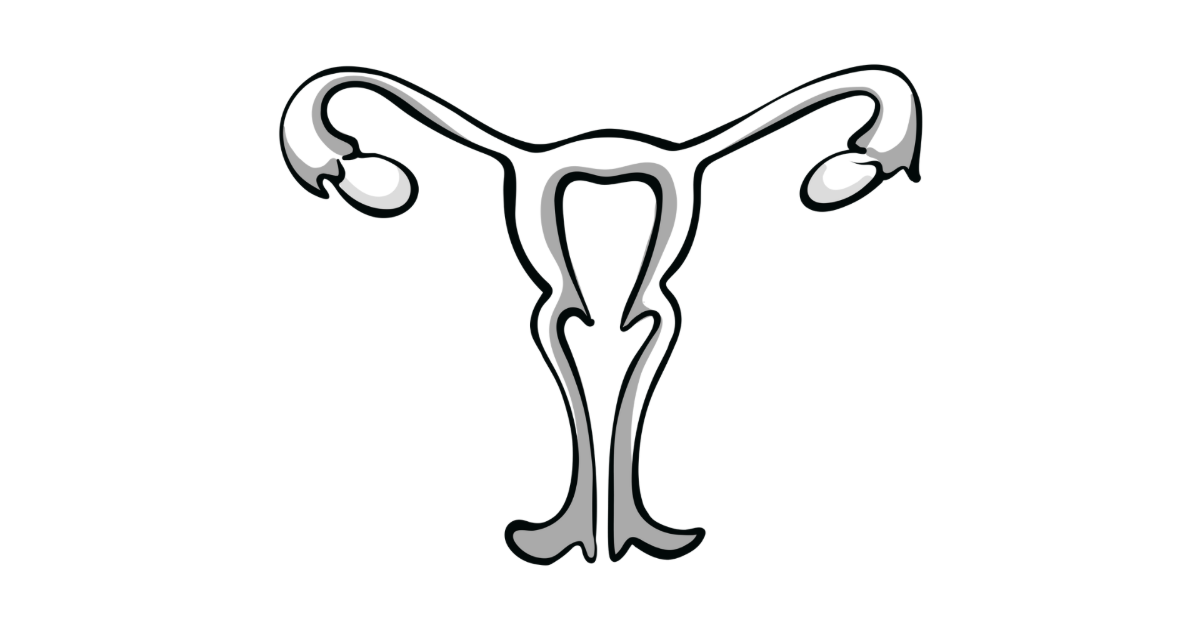Illustration of ovarian cancer: © blueringmedia – stock.adobe.com
Researchers at UCLA have completed preclinical research showing strong potential for an “off-the-shelf” CAR T-cell therapy that uses allogeneic stem cell–derived CAR-engineered invariant natural killer T (CAR-NKT) cells to destroy ovarian cancer cells.1,2
Conventional CAR T-cell therapy, which has transformed treatment of many blood cancers, has not had the same success in solid tumors such as ovarian cancer. The UCLA team showed that the CAR-NTK allogeneic therapy appears to be much more effective at attacking ovarian tumor cells than standard CAR-T treatment.
Specifically, the investigational CAR-NKT therapy killed ovarian tumor cells in all 35 patient-derived samples the researchers tested. The samples came from both newly diagnosed patients, as well as those who had relapsed following chemotherapy. Also of note, all of the ovarian cancer samples had high expression of activating natural killer receptor (NKR) ligands, which the researchers explained indicates the high potential for targeting NKR in ovarian tumors.
“This is the culmination of over a decade of work in my lab and represents over 6 years of collaboration with gynecologic oncologist Dr. Sanaz Memarzadeh,” co-senior author Lili Yang, a professor of microbiology, immunology and molecular genetics and a member of the Eli and Edythe Broad Center of Regenerative Medicine and Stem Cell Research at UCLA, stated in a press release. “We’re on the verge of clinical development, and I’m genuinely optimistic that this therapy could fundamentally change how we treat ovarian cancer.”
Memarzadeh, co-senior author, and a professor of obstetrics and gynecology and a member of the UCLA Broad Stem Cell Research Center and the UCLA Health Jonsson Comprehensive Cancer Center, added in the news release, “Combating this high rate of recurrence in ovarian cancer is my career mission. When I see these results, I know we’re getting closer to offering patients like mine a more effective and permanent solution.”
Safety and Financial Benefits of CAR-NKT
Beyond the efficacy boost, the CAR-NKT therapy also appeared to have the capacity for a better safety profile in this setting than conventional CAR-T. In their study manuscript, the researchers wrote, “CAR-NKT cells exhibit a high safety profile with reduced cytokine release syndrome. Additionally, these cells do not induce graft-versus-host disease and resist host immune-cell-mediated allorejection.”
The UCLA team is also excited about the potential for the CAR-NKT product to address some of the financial toxicity that arises with cancer treatment. As opposed to the protracted, expensive manufacturing of the standard personalized CAR-T products, “off-the-shelf” CAR-T products are faster and cheaper to manufacture because they are not patient-specific.
“Our vision is to make CAR-NKT cells available as an off-the-shelf therapy at hospitals in the US and worldwide,” Yang said. “Instead of weeks-long delays for custom manufacturing, doctors could prescribe and access these cells immediately when patients need them most.”
Regarding next steps, the researchers are now planning to submit an application to the FDA requesting authorization to launch a first-in-human clinical trial of CAR-NKT. They also plan to explore the potential of their CAR-NKT product in other solid tumors where standard CAR-T has fallen short, such as lung cancer and brain cancer.
The study was supported in by the California Institute for Regenerative Medicine, the US Department of Defense, the UCLA Broad Stem Cell Research Center, the Wendy Ablon Trust, the UCLA department of microbiology, immunology and molecular genetics, the UCLA Office of the Chancellor, the UCLA Goodman-Luskin Microbiome Center, the Rose Hills Foundation and the US Department of Veterans Affairs.
